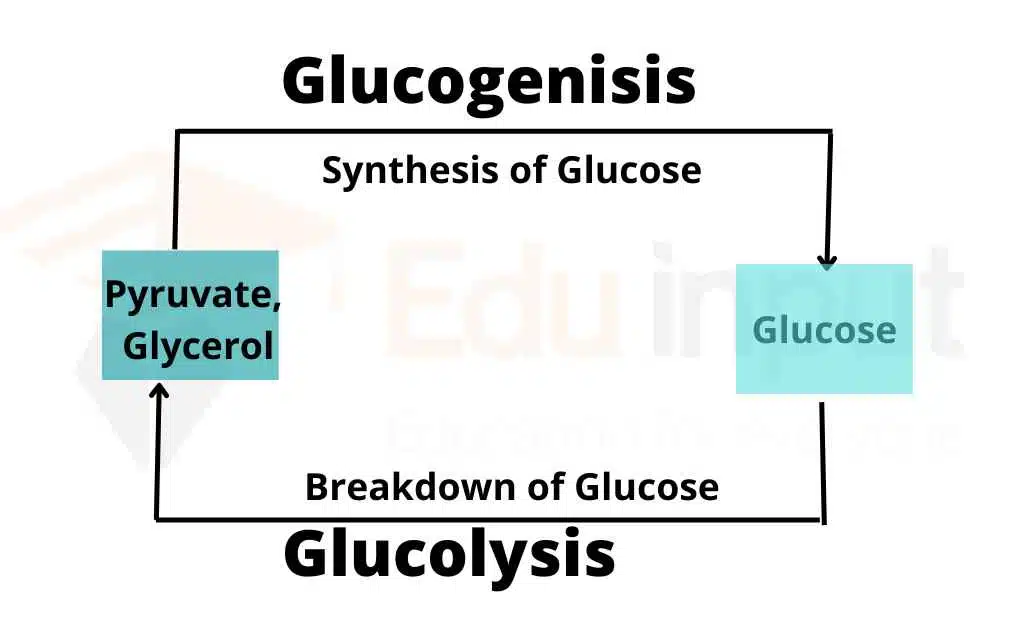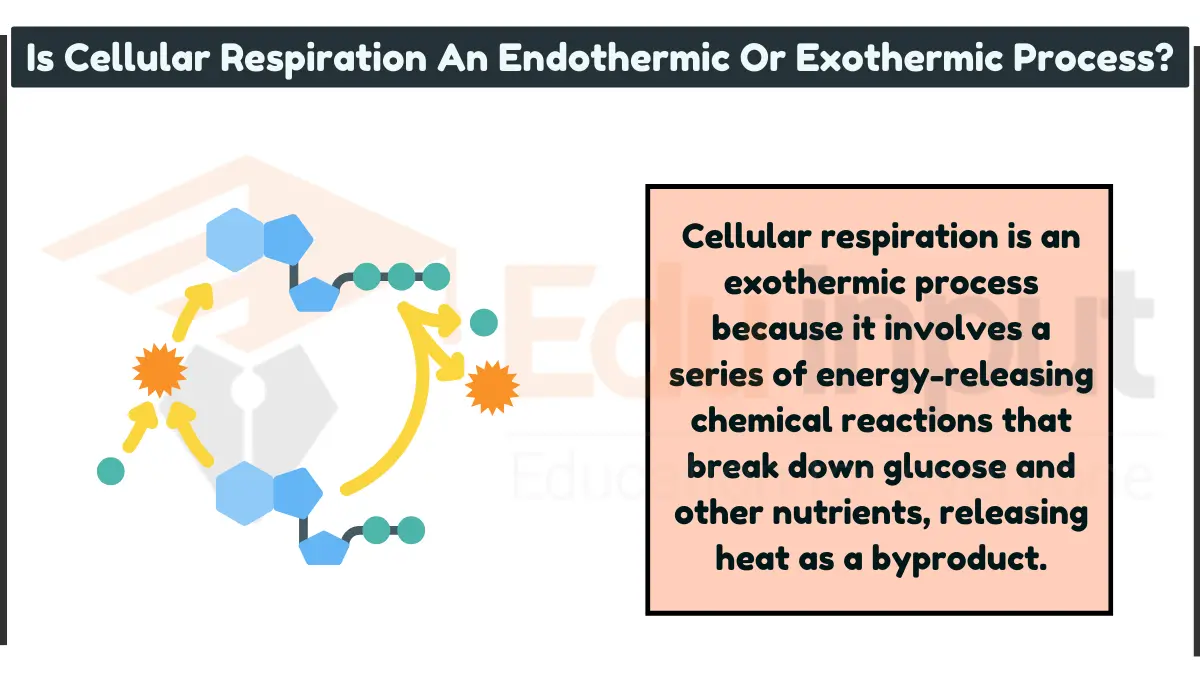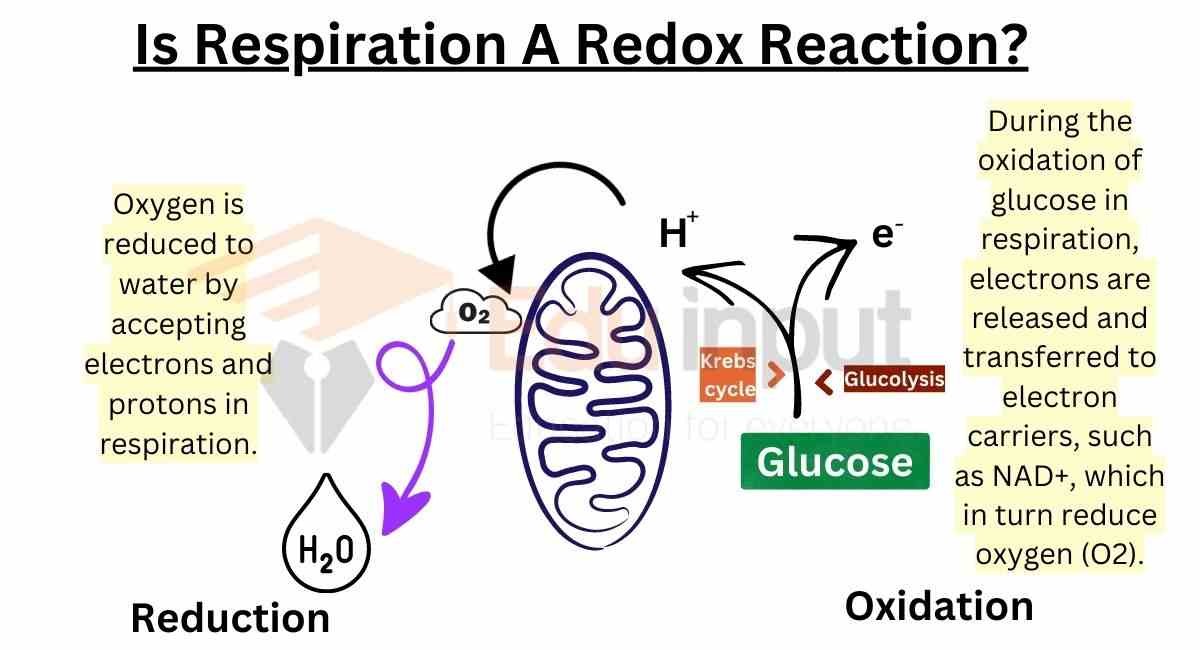What is Gluconeogenesis? – Importance and Regulation
Gluconeogenesis is the process of synthesizing glucose from noncarbohydrate compounds. This can be done with a variety of substrates and precursors, such as lactate, pyruvate, glucogenic amino acids, propionate, and glycerol.

Location Of Gluconeogenesis Process
Gluconeogenesis is a process that happens mainly in the cytosol, but some precursors are produced in the mitochondria as well. This process mostly takes place in the liver, where about 1 kg of glucose is synthesized every day. Gluconeogenesis also occurs to some extent in the kidney matrix, but this is only about one-tenth of what the liver is capable of.
Importance Of Gluconeogenesis
Glucose occupies a key position in the metabolism and its continuous supply is essential to the body for a variety of functions
1. Brain and central nervous system, erythrocytes, testes, and kidney medulla depend on glucose for a continuous supply of energy. The human brain requires about 120 g of glucose per day, while the entire body needs 160g.
2. When it comes to finding an energy source for skeletal muscle during Anaerobic conditions, glucose is the only way to go.
3. In fasting even more than a day, gluconeogenesis must occur to meet the basal requirements of the body for glucose and to maintain the intermediates of the citric acid cycle.
4. Certain metabolites produced in the tissues accumulate in the blood, e.g. Lactate, glycerol, propionate, etc. Gluconeogenesis effectively clears them from the blood.
Regulation Of Gluconeogenesis
Glucagon and the availability of substrates play a key role in regulating gluconeogenesis.
Is Synthesis Of Gluconeogenesis possible From Fat?
It is certainly true that glucose cannot be synthesized from fat, since the fatty acids (most of them being even chain), on oxidation, produce acetyl CoA which cannot be converted to pyruvate. However, there are certain exceptions to this rule, and in some cases, it is possible to convert fat into glucose.
Difference Between Glycolysis And Gluconeogenesis
Glycolysis is a catabolic process of glucose hydrolysis that breaks down glucose molecules to produce energy and biosynthetic intermediates. Gluconeogenesis is a glucose production process that synthesizes new glucose molecules from non-carbohydrate sources and is important for maintaining blood glucose levels during starvation.







Leave a Reply